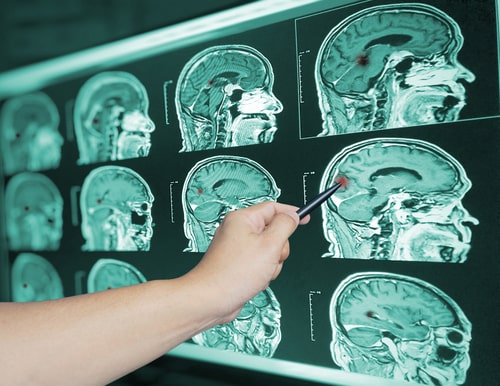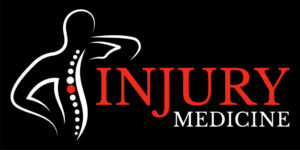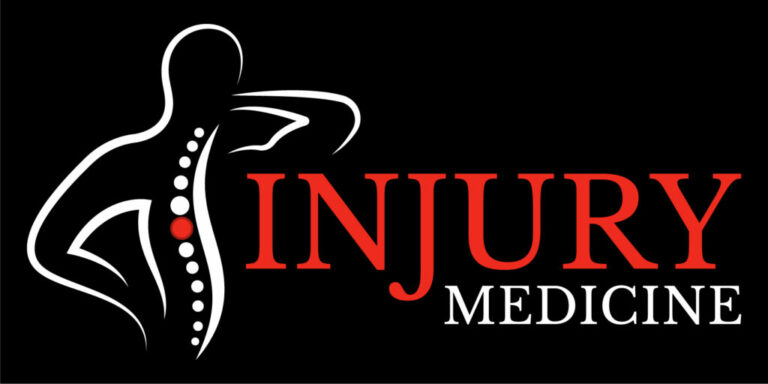It is important to seek medical attention as soon as possible if you or a loved one has experienced a head injury such as a traumatic brain injury (TBI), stroke, lack of oxygen, aneurysm, or concussion. These injuries can be caused by various factors including car crashes, sports accidents, or falls.
At Injury Medicine in Lexington, SC, our expert healthcare team is dedicated to providing top-quality treatment for head injuries. We offer a wide range of treatments tailored to your specific needs to ensure the best possible outcome.
If you are experiencing symptoms or have suffered a head injury, don’t hesitate to schedule an appointment with our injury doctors in Lexington, SC by calling 864-866-PAIN. Our team is ready to assist you in overcoming your condition and regaining your quality of life.
Head Injury Types
Head injuries are a leading cause of disability and mortality in adults. They can range from mild injuries like cuts on the head to moderate and severe injuries such as deep cuts, open wounds, or brain damage. The extent of the head trauma determines whether it is classified as a brain injury or a traumatic brain injury (TBI). There are several types of head injuries, including concussion, contusion, skull fracture, and hematoma.
Headaches
Headaches are considered the mildest form of head injury, characterized by pain in the head or forehead area. The intensity of the pain can range from constant, sharp or dull, to throbbing. Treatment of headaches typically involves medication and stress management techniques.
Skull Fractures
Skull fracture refers to a break in the skull bone, and it can be classified into four types: linear skull fractures, basilar skull fractures, depressed skull fractures, and diastatic skull fractures.
Traumatic Brain Injuries
A traumatic brain injury (TBI) is a type of injury that affects the way the brain functions. It is a significant cause of disability and mortality in the United States. A TBI can happen when the brain is suddenly and physically assaulted from an external source.
What is Traumatic Brain Injury?
A traumatic brain injury (TBI) is a type of injury that affects how the brain functions. TBIs are a leading cause of disability and mortality in the United States. They occur when an external physical force suddenly damages the brain, and can range from mild concussions to severe injuries resulting in coma or death. TBIs can be focal, affecting a specific area of the brain, or diffuse, affecting multiple areas.
TBIs Common Causes
There are several causes of TBIs, some of which include:
- Auto Accidents – TBIs can result from collisions involving cars, buses, motorcycles, bicycles, or pedestrians involved in such accidents.
- Slip and Fall Accidents – Workplace or home slip and fall accidents can lead to TBIs. Falls from ladders, beds, stairs, or in the bath are common causes of a TBI, especially in small children and older adults.
- Workplace Injuries – More than half of work-related TBI fatalities occur in employees of industries such as construction, farming, fishing, transportation, and forestry.
Treatment for Traumatic Brain Injury in Lexington, SC
Traumatic brain injuries are typically considered medical emergencies. Without the proper treatment, the consequences of a TBI can quickly deteriorate. It is essential to have a qualified healthcare provider assess the injury promptly and initiate appropriate treatments.
Here are some of the most common treatments for traumatic brain injury:
Mild TBI
After a mild traumatic brain injury, rest and over-the-counter painkillers are usually the primary treatments required. However, it is essential to monitor the patient’s condition at home for any signs of worsening symptoms. Follow-up appointments with a doctor may also be necessary to ensure proper healing and recovery.
Emergency Care
In cases of moderate to severe traumatic brain injuries, emergency care is crucial. It is necessary to ensure the patient receives sufficient oxygen and blood supply, as well as monitor their blood pressure. Hospitalization can also help prevent further damage caused by inflammation, bleeding, or reduced oxygen supply to the brain.
Medications
- Diuretics- Diuretics are administered intravenously to TBI patients to decrease the amount of fluid in their tissues and increase urine output.
- Anti-seizure medications- Individuals with moderate to severe traumatic brain injuries are at an increased risk of seizures during the first week following the injury. Anti-seizure medications can help prevent further brain damage during this period.
- Coma-inducing medications- In some cases, healthcare providers may administer a coma-inducing drug to put the patient in a temporary coma, as a comatose brain requires less oxygen to function.
Surgery
Immediate surgical intervention may be necessary to minimize additional damage to the brain in cases of traumatic brain injury (TBI) or severe head injury. Surgery is typically required to address the following issues:
- Hematomas: Bleeding within the brain can result in the formation of a hematoma, or a clotted blood collection, which increases pressure on the brain.
- Skull fractures: Surgery is necessary to repair fractures of the skull.
- Bleeding: Head injuries may cause bleeding within the brain, which may require surgical intervention to stop.
- Opening the skull: Surgery may be needed to relieve pressure on the brain by draining accumulated cerebrospinal fluid.
Rehabilitation
Patients who have sustained moderate to severe TBIs may require rehabilitation in order to regain lost function and improve their ability to perform daily activities. This can include relearning basic skills such as talking and walking. Rehabilitation programs are designed to help patients recover as fully as possible and may involve a variety of techniques and approaches, including physical therapy, speech therapy, occupational therapy, and cognitive therapy. The goal of rehabilitation is to promote independence and improve quality of life for individuals who have experienced a TBI.
Symptoms of a TBI
The following are common signs of a traumatic brain injury:
- Loss of consciousness (even for a brief period)
- Confusion or disorientation
- Headache
- Nausea or vomiting
- Dizziness or loss of balance
- Blurred vision or ringing in the ears
- Memory loss or difficulty concentrating
- Sensory problems (such as sensitivity to light or sound)
- Mood changes or emotional disturbances
- Difficulty sleeping
Diagnosing Your Head Injury
The diagnosis of a head injury typically involves a combination of physical examinations and diagnostic tests. During the physical examination, a healthcare provider or doctor will obtain a complete medical history of the patient and their family, as well as ask about how the injury occurred. They may also perform a neurological exam to evaluate brain function, including tests of reflexes, muscle strength, and coordination.
In addition to the physical exam, diagnostic tests such as CT scans or MRIs may be performed to assess the extent of the injury and identify any underlying structural damage to the brain. Depending on the severity of the injury, the patient may need to see a neurologist, who specializes in treating conditions of the nervous system, including the brain.
It’s important to seek medical attention right away if you suspect a head injury, as prompt diagnosis and treatment can help prevent further damage and improve outcomes.
Get the Best Treatment for Head Injuries in Lexington, SC!
If you or a loved one has experienced a head injury, whether it be a concussion, stroke, lack of oxygen, aneurysm, or other type of injury, it’s important to seek prompt medical attention from experienced healthcare providers who can assess and treat your condition effectively.
At Injury Medicine in Lexington, SC, we specialize in treating a range of head injuries and have an expert team of healthcare providers who are dedicated to providing the highest level of care. We offer a comprehensive range of treatments tailored to your specific needs, including diagnostic tests, medical management, and rehabilitative therapies.
If you’re looking for compassionate, patient-centered care for your head injury in Lexington, SC, please don’t hesitate to contact us at 864-866-PAIN to schedule an appointment today. We’re here to help you get back on the road to recovery.



